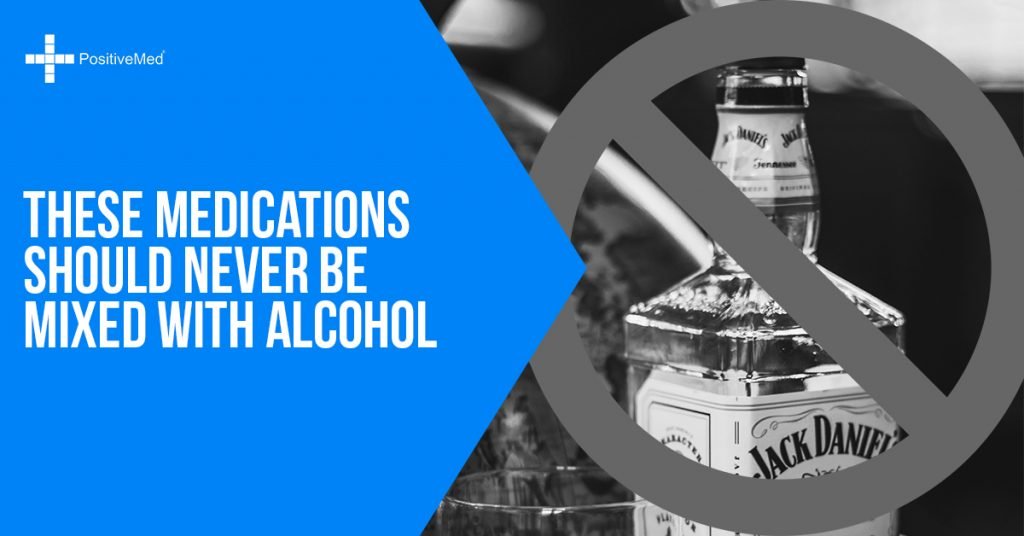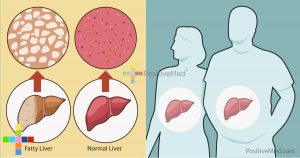From bottles of beer during your promotion to glasses of wine for Thanksgiving dinner and New Year, alcohol is and will always be a familiar sight in every celebration. Here’s the thing: you may want to avoid even a single bottle when you are under medications. The horror stories about mixing drugs and alcohol with medications are real and there are reasons why your doctors are strongly against them when you are popping a pill.

Here’s why you should never mix some medications with alcohol and drugs:
The Interaction Could Lead to Unwanted Side Effects
Whether you are taking antibiotics, antidepressants, painkillers, or medications for diabetes, combining drugs and alcohol with it could lead to side effects. This includes:
• Nausea
• Vomiting
• Diarrhea
• Dizziness
• Headache, which could range from mild to severe
• Lightheadedness
• Sleepiness
• Upset stomach
• Flushing of skin
• Heart palpitations
These side effects will go away eventually, but don’t you think it’s better if you avoid them completely?
Drugs and Alcohol Interferes in Your Body’s Healing Process
You drink medicine for variety of reasons, one of which is to speed up the healing process and improve the symptoms of your condition. Unfortunately, combining them with alcohol could interfere in this process. It disrupts sleeping patterns, stops your body from getting vital nutrients, and reduces your energy levels.
These factors reduce your ability to heal or manage the symptoms of your condition instead of getting better. Are you willing to let it happen?
Worsens the Symptoms of Depression
Are you taking antidepressants? If yes, then you should avoid alcohol at all costs.
Both alcohol and antidepressants slow down your central nervous system, which impairs your thinking skills and alertness, and affects your brain. This could be the reason why you always feel sleepy and experience coordination and concentration problems. As a results, depression worsens instead of making you feel better.
Do alcohol and drugs have the same effect when you take selective serotonin reuptake inhibitors or SSRIs? Experts have yet to conduct further studies on this. Nonetheless, it is best to avoid alcohol completely if you are under medication.
Drugs and Alcohol Reduce the Effectiveness of Your Medication
You might say that side effects are something you can manage. You don’t need antidepressants or birth control pills too. Still, this doesn’t mean it’s okay to drink alcohol if you are taking medications.
Drugs and alcohol reduces the effectiveness of your medication. This is because alcohol competes with the metabolizing enzymes of the drug, which makes it less effective. This can also influence of the drug by altering the availability.
Take the case of blood pressure medications, which are taken by about seven in 10 adults in the United States. Combining this with alcohol reduces the effects of beta-blockers. This could lead to chest pain, abnormal heart rhythm, or heart attack.
If you are serious about getting better, it is imperative that you avoid alcohol at all costs.
Alcohol Can Take a Toll in Your Body
Who doesn’t want to drink? This activity seems harmless especially when you just had enough and you simply want to feel relaxed. Apparently, alcohol is a silent killer and could take a toll in your body.
The surprising part is this: medications, no matter how good they are, can also affect your body.
Take the case of statins like Crestor and Lipitor, which taken by approximately 32 million Americans. These drugs could have an adverse effect on your liver and mixing it with alcohol could spell disaster. The worst part is you will never know the condition of your liver unless you undergo liver function test.
Aside from this, here’s how alcohol can take a toll in your health when you are under medications:
• Erode and irritate the stomach and esophageal lining that could worsen GERD or ulcer
• Cause stomach bleeding when combined with painkillers
• Increase the sedative effects of sleep medications to cause severe dizziness and drowsiness, thereby increasing the risk of injuries or accidents.
• Reduces your blood pressure levels.
Here’s the bottom line: combining your medications with drugs and alcohol is not a good idea, regardless if you took both at the same time. If you are under medications, consult your doctor and discuss the possibility of drinking to prevent complications and putting your health at risk.
Safety first.






